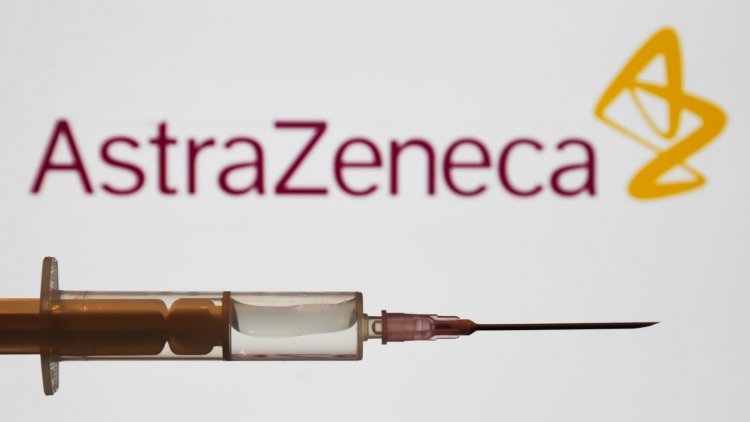India Says No to Emergency Use Approval for AstraZeneca Vaccine

New Delhi: India’s drugs controller has rejected emergency use authorisation for the AstraZeneca COVID-19 vaccine candidate and another one developed locally, broadcaster NDTV reported citing unnamed sources.
Bharat Biotech had on Monday applied to the Drugs Controller General of India (DCGI) seeking emergency use authorisation for its Covid-19 vaccine Covaxin, which is being indigenously developed by the Hyderabad-based pharmaceutical firm in collaboration with the Indian Council of Medical Research (ICMR). The Pune-based SII had applied to the central drug regulator for emergency use authorisation of AstraZeneca-Oxford’s coronavirus vaccine.
Apart from Bharat Biotech and Serum Institute of India, US pharma giant Pfizer Inc, whose vaccine has already been rolled out to the public in the UK, had also applied for early approval for emergency use in India. The health ministry had said on Tuesday that some Covid-19 vaccines are likely to receive licenses in the next few weeks.
Serum Institute of India, the world’s largest vaccine manufacturer, applied for an emergency use license for the Oxford University-AstraZeneca vaccine based on phase-three trials in India and other countries. Bharat Biotech applied for a license for its experimental inactivated virus vaccine without completing phase-three trials, Associated Press quoted health officials as saying.
According to Indian rules for accelerated approval of vaccines, a company can be granted a license if regulators are “satisfied with the risk-benefit ratio,” said Balram Bharagava, head of the Indian Council of Medical Research.
A peer-reviewed data published in The Lancet showed that AstraZeneca and Oxford University have more work to do to confirm whether their Covid-19 vaccine can be 90% effective and questions remain about how well it may help protect those over 55.
Researchers claim the vaccine protected against disease in 62% of those given two full doses and in 90% of those initially given the half dose. However, independent experts have said the second group was too small- 2,741 people to judge the possible value of that approach and that more testing is needed.
The half-dose group also didn’t include anyone over 55, and among others in the study, only about 12% were in that age group. Older people also were enrolled later, so there hasn't been enough time to see whether they develop infections at a lower rate than those not given the vaccine.















































